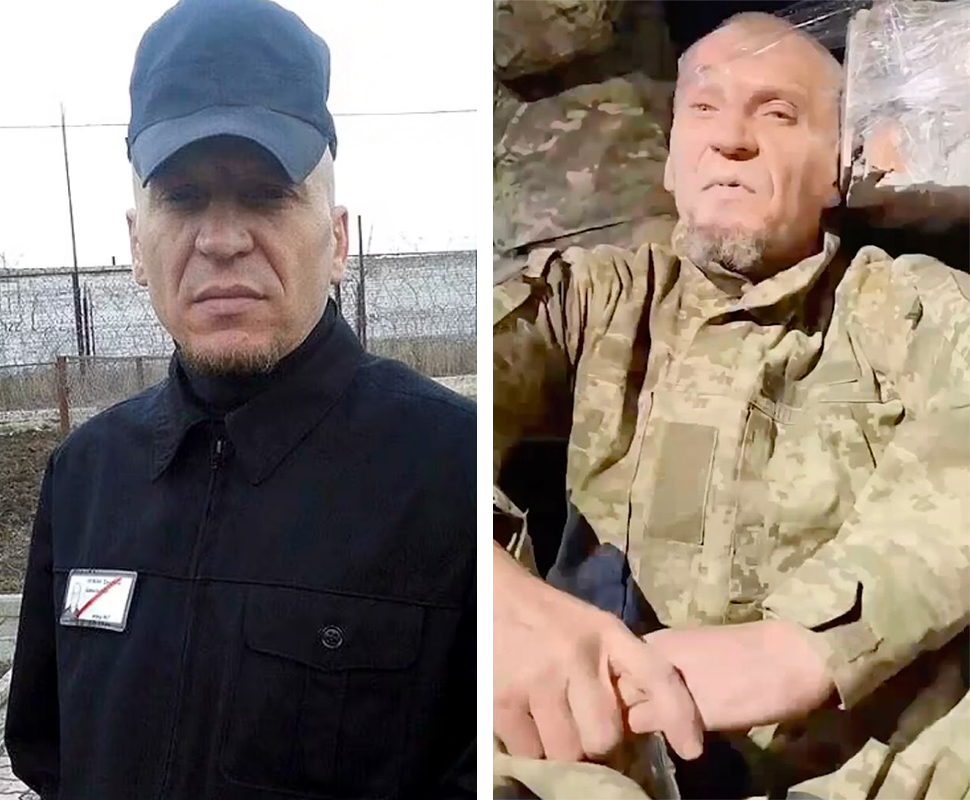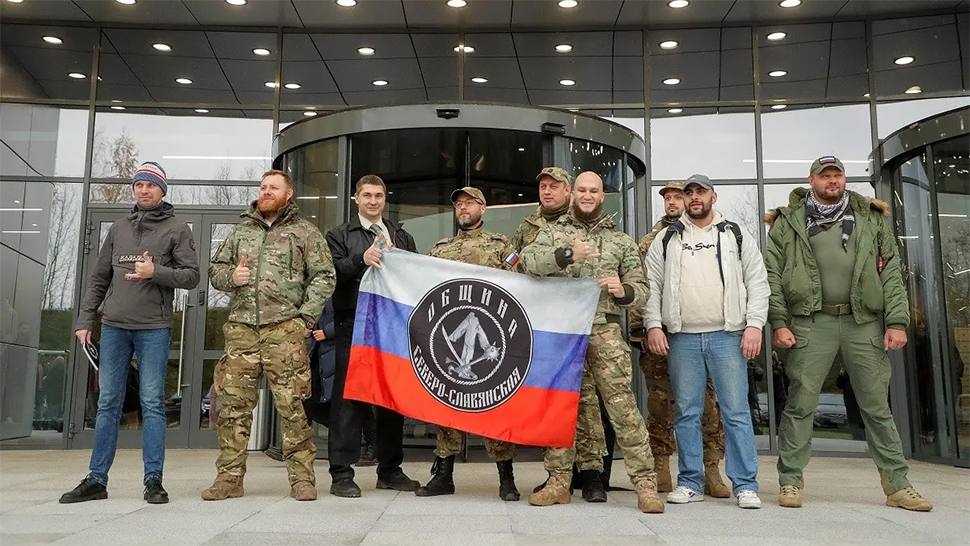Back during the World War I and World War II, and the Cold War among others, one of the best ways to spread propaganda and get new recruits, was to spread the information through mass media.
At the time, they include pamphlets, posters, magazines and newspapers.
But in the modern days of internet, one of the most efficient ways is by using social media platforms.
Not only that it's cheap, but social media also allows anyone to reach almost anyone else, even when they're halfway across the globe. And everything can be done instantly, and targeted.
And this time, it's realized by NewsGuard, that TikTok hosts hundreds of videos using violence and music to celebrate the Wagner Group, a notorious Russian mercenary outfit.
These videos have been viewed more than 1 billion times.

"I woke up in this basement, where they told me I would face judgment," a man in one of the video said gravely, as his head is seen stuck to a brick wall.
A soldier then swings a sledgehammer toward his head, but a little below about the neck.
And after that, as the man collapsed, the soldier continued hammering the man's head, and then the camera goes dark.
This video depicts the October 2022 execution of Yevgeny Nuzhin.
Nuzhin, a former Russian mercenary, told Ukrainian media in September 2022, that he had been recruited to the Wagner Group while serving time in prison in Russia. But later, he apparently switched sides to support Ukraine.
And the video is one of 160 clips NewsGuard analysts discovered circulating on TikTok depicting or alluding to violence apparently carried out by the private Russian militia.
Among that many, at least 14 of then appear to show the execution of the alleged defector, Nuzhin.
When an analyst searched for the term "Wagner", TikTok's search bar suggested searches for "Wagner execution" and "Wagner sledgehammer". The same search in Russian resulted in the suggestions "Wagner PMC", "Wagner sledgehammer" and "Wagner orchestra".
NewsGuard analysts also identified more than 500 music videos that don't depict violence, but advocate war against Ukrainians, including calls to kill Ukrainians because they are "Nazis."
Analysts also found at least five TikTok accounts that direct users to external websites, where the Wagner Group regularly posts recruitment notices.
NewsGuard also identified 10 hashtags that are directly related to the Wagner Group, and have been used alongside many of the group's videos, mostly to promote or glorify the group.
Videos with the top three Russian-language use the Wagner Group-associated hashtags like #чвк (PMC), #вагнер (Wagner), and #чвквангера (PMC ‘Wanger’).
In total, around 500 videos were found serving a method of propaganda and recruitment tools for the Wagner Group.
While such campaign does violate TikTok's guidelines, which ban content that "praises, promotes, glorifies, or supports violent acts," as well as videos that "incit[e] violence against, or otherwise dehumaniz[e] an individual or a group," all the content promoting the Wagner Group on TikTok has been viewed more than 1 billion times, NewsGuard found.
While TikTok is owned and operated by ByteDance, the internet company is partially owned by the Chinese. Despite this, TikTok is banned in China, even as its influence spreads across Western democracies.
Among other reasons, this is why Wagner Group-related videos are also garnering significant levels of interest in English.
For example, some of the Wagner Group videos use English hashtags like #wagnergroup and #pmcwagnergroup.
When asked for comment, TikTok did not challenge NewsGuard’s findings.
But in an email sent on November 30, 2022, a TikTok spokesperson said: "There is no place for hateful or violent content on our platform. Our Community Guidelines clearly outline that we do not allow people to use our platform to threaten or incite violence, or share attacks or slurs based on people’s nationality or other protected characteristics. We will take action on content found to violate these policies."
TikTok has indeed removed some of the videos, which include those that "glorifies extreme violence," and videos showing the executions and beatings.

The Wagner Group, also known as Wagner PMC (Private Military Company), first came to public attention in 2014 in eastern Ukraine during the conflict between the Ukrainian army and Russian-backed separatists.
Since founded, the group is known as the de facto private army of Russian President Vladimir Putin, and that it operates beyond the law because private military contractors are officially forbidden in Russia.
And because it operates in support of Russian interests, the Wagner Group receives military equipment from the Russian Ministry of Defence (MoD) and also uses installations of MoD for training.
Yevgeny Prigozhin, a Russian oligarch and close ally of Russian President Vladimir Putin, acknowledged in September 2022 that he owned the Wagner Group, after years of denying his links to the organization.
Once know as "Putin's chef" because of his catering fortune, Prigozhin appeared in a number of videos recruiting inmates in Russian prisons for the war in Ukraine.
The Wagner Group is known for its ruthlessness and use of irony, referring to the group as an "orchestra," its fighters as “musicians,” and war as a "concert."
For months, mercenaries working for the Wagner Group have been fighting alongside the Russian army in Ukraine in the battle to establish control over strategic targets and territory in the eastern portion of the country.
In August 2022, British military intelligence said that Wagner played a role in the capture of Ukraine’s second–largest power plant in the eastern region of Donetsk.
